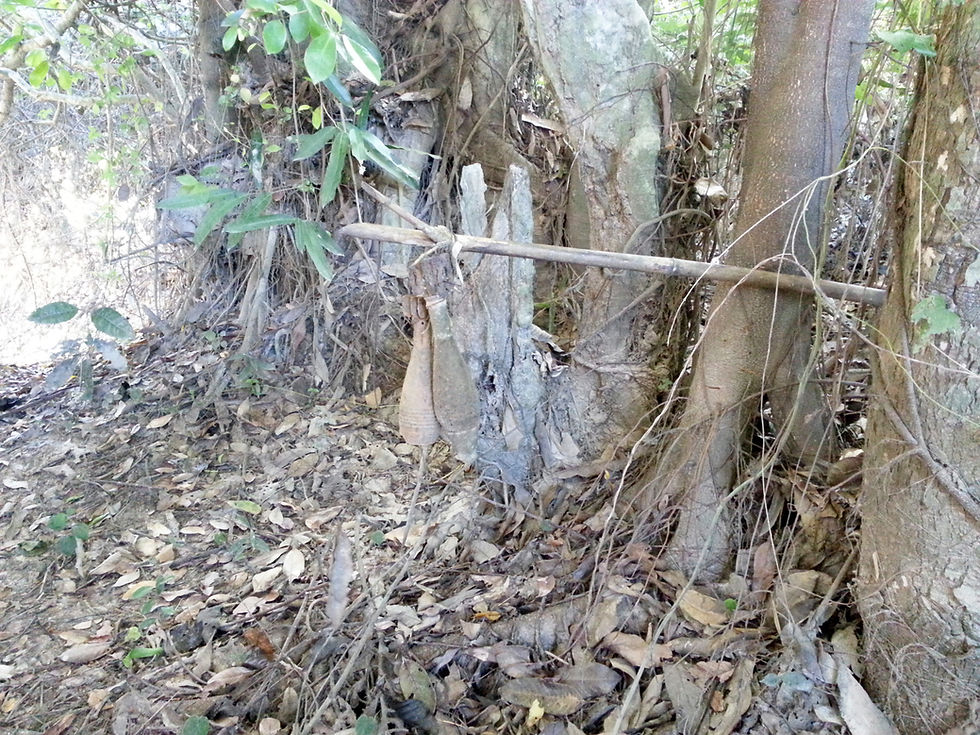It matters life and death.
- Lesster Leow

- Jan 28, 2021
- 1 min read
Updated: Mar 27, 2023
In 2012, I had the opportunity to visit Cambodia and share my beekeeping knowledge gained from Uganda. During our discussions, we highlighted the danger of bee farmers encountering landmines while working. Interestingly, in the following days, we discovered an unexploded landmine in the field. This incident further highlighted the gravity of the issue. While purchasing honey is a casual experience for most people, it holds a different significance for these farmers, often a matter of life and death.
This picture brought to mind an incident from last November, when a well-dressed lady visited my shop and noticed the African honey. Her first remark was, "Why is your honey from Africa so expensive? I can get honey for the same price of $5 at NTUC." Politely, I suggested that she take advantage of the good deal and purchase the honey from NTUC.
It's important to educate people about the true cost of honey production, especially for small-scale beekeepers in developing countries. The price of honey is not just about the product itself, but also the social and environmental impact of producing it. Supporting ethical and sustainable honey production helps ensure fair wages for beekeepers, preservation of natural habitats, and protection of biodiversity.
It's important to remember that buying cheap honey may mean supporting unsustainable and exploitative practices. As consumers, we have the power to make a positive impact by choosing to support responsible and accountable beekeepers.







Comments